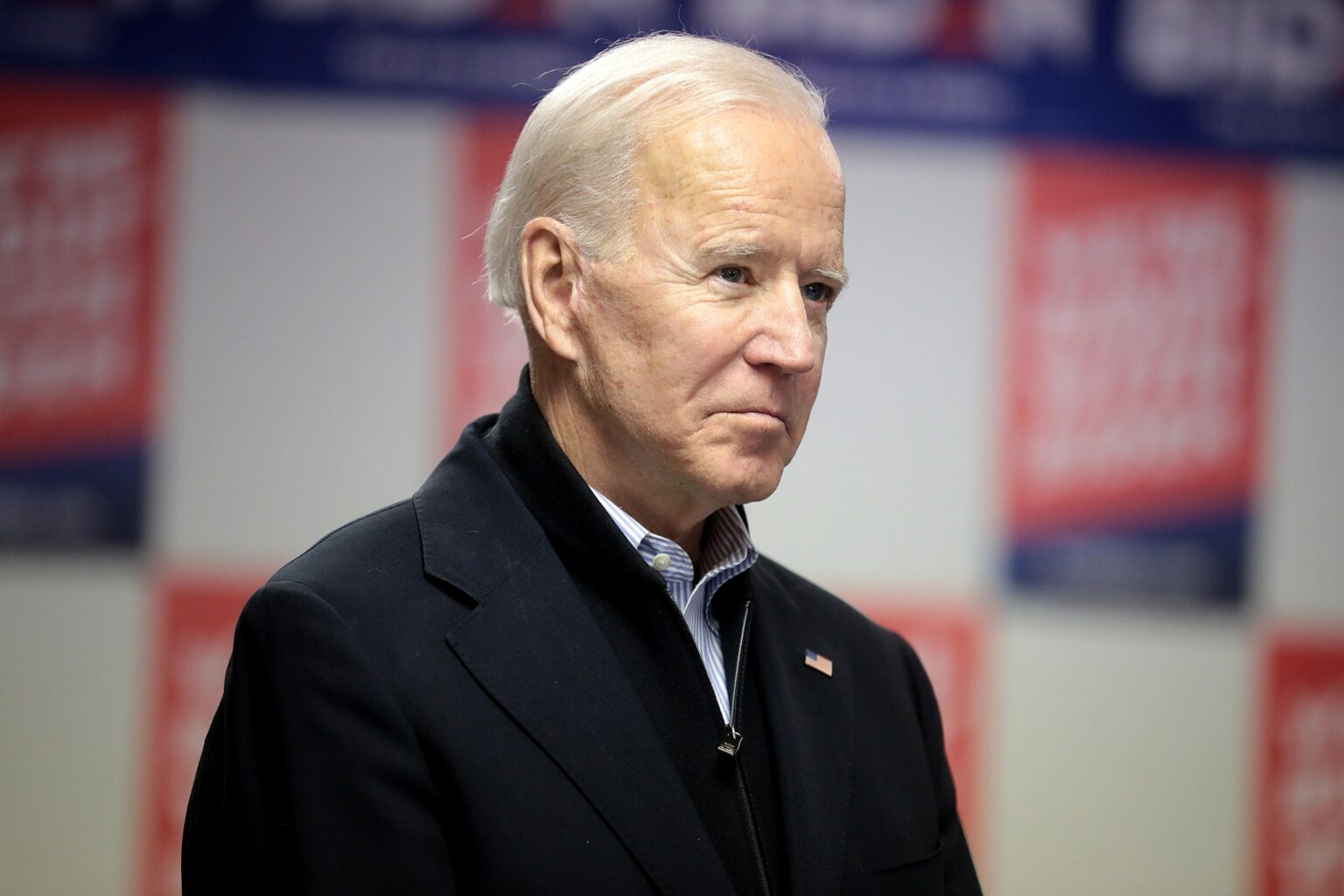Tempers Flair Between Trump And Allies
In the primary race for Virginia’s 5th Congressional District, Rep. Bob Good (R-Va.) faces a formidable challenge from John McGuire, a state senator and Navy SEAL, which has ignited significant ideological friction within the House GOP. This contest is not just a fight between candidates but also a battleground for influence among high-profile Republicans, including former President Donald Trump and former Speaker Kevin McCarthy.
Trump has endorsed McGuire, aiming to unseat Good, who leads the House Freedom Caucus, a group traditionally aligned with Trump. Good, however, had previously backed Florida Gov. Ron DeSantis for the GOP presidential nomination, a move that Trump did not overlook despite Good’s later support after DeSantis exited the race. Trump expressed his dissatisfaction, stating that Good’s endorsement was “too late,” indicating deeper personal grievances influencing his decision.
McGuire has also garnered support from Rep. Marjorie Taylor Greene (R-Ga.), a former Freedom Caucus member known for her contentious departure from the group. Greene’s backing contrasts with other staunch Trump allies like Reps. Matt Gaetz (R-Fla.) and Byron Donalds (R-Fla.), who continue to support Good.
Good has publicly dismissed any regrets over his DeSantis endorsement, emphasizing his current support for Trump. Rep. Chip Roy (R-Texas), another Freedom Caucus member supporting Good, echoed this sentiment, attributing Trump’s stance to poor advice.
The dynamics of this primary are further complicated by internal GOP rifts. Some members, like John Fredericks, a conservative radio host and former Trump campaign chair in Virginia, have framed the race as a loyalty test to Trump. Meanwhile, strategists like Zack Roday note that Good’s campaign heavily markets his alignment with Trump’s agenda, despite not having Trump’s endorsement.
Within the district, the reactions of voters to these endorsements remain uncertain. Roday suggests that while endorsements matter for fundraising and internal party politics, their impact on actual voter decisions may be limited. Nonetheless, Trump’s endorsement is seen as advantageous overall.
Despite the lack of Trump’s endorsement, Good attended Trump’s recent speech to House Republicans, showing his continued effort to align with the former president. Good’s primary challenge is his first under the standard nomination process, having previously secured his position through a district convention.
The redistricting that expanded the 5th District to include parts of the Richmond region could work in McGuire’s favor, given his representation of that area in the state legislature. Polls from the Virginia Faith and Freedom Coalition indicate McGuire is leading, but a significant portion of voters remains undecided.
Good’s political standing is also influenced by his vote to oust McCarthy, a move that has galvanized support for McGuire among certain GOP factions. McCarthy’s PAC has financially backed McGuire, marking a broader strategy to challenge incumbents who supported McCarthy’s removal.
The primary battle reflects a larger trend within the GOP, where internal endorsements and ideological battles shape the future direction of the party. Figures like Rep. Don Bacon (R-Neb.) and Rep. Derrick Van Orden (R-Wis.) are vocal about their support for McGuire, emphasizing the need for unity and a cohesive strategy within the Republican ranks.
In the final days leading to the primary, Good has seen support from Freedom Caucus members like Reps. Andrew Clyde (R-Ga.) and Andy Biggs (R-Ariz.), who highlight his commitment to conservative principles and constitutional defense. The outcome of this race will likely signal broader implications for the GOP’s internal power dynamics and strategic
